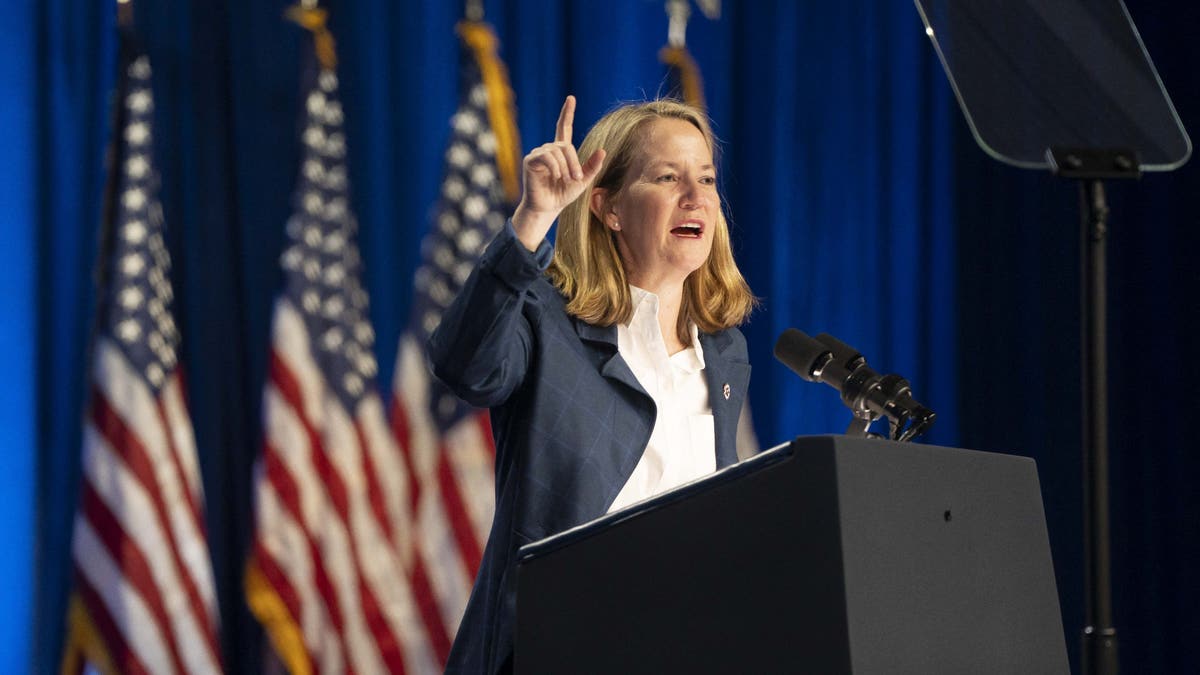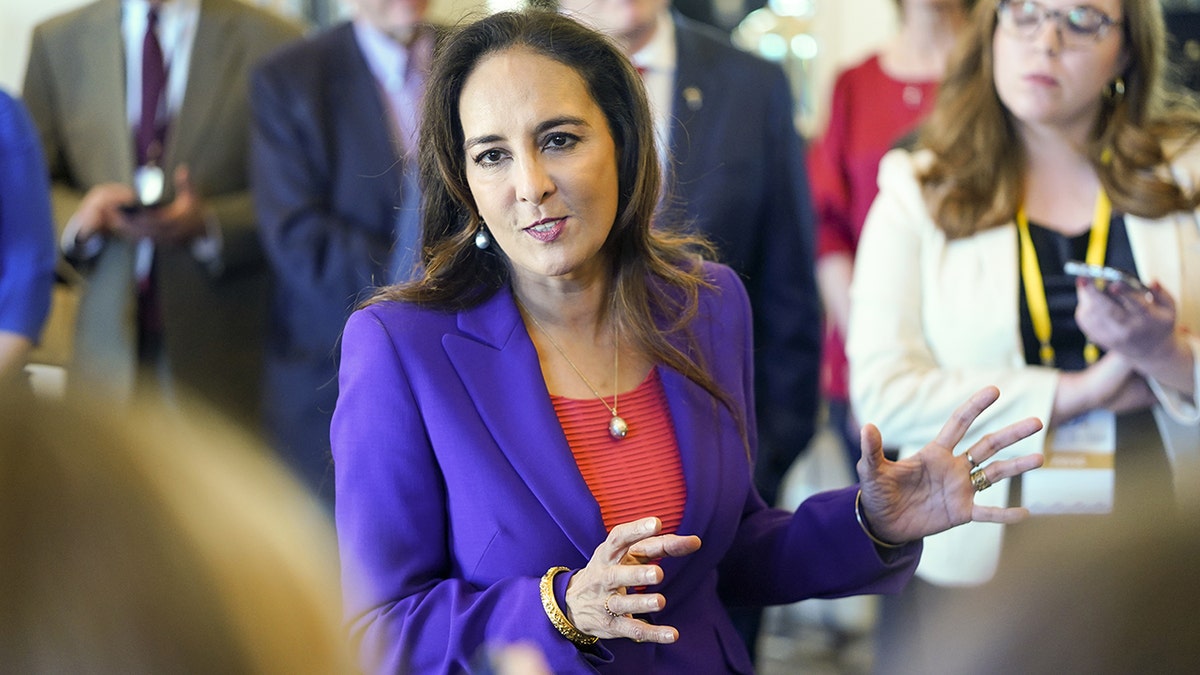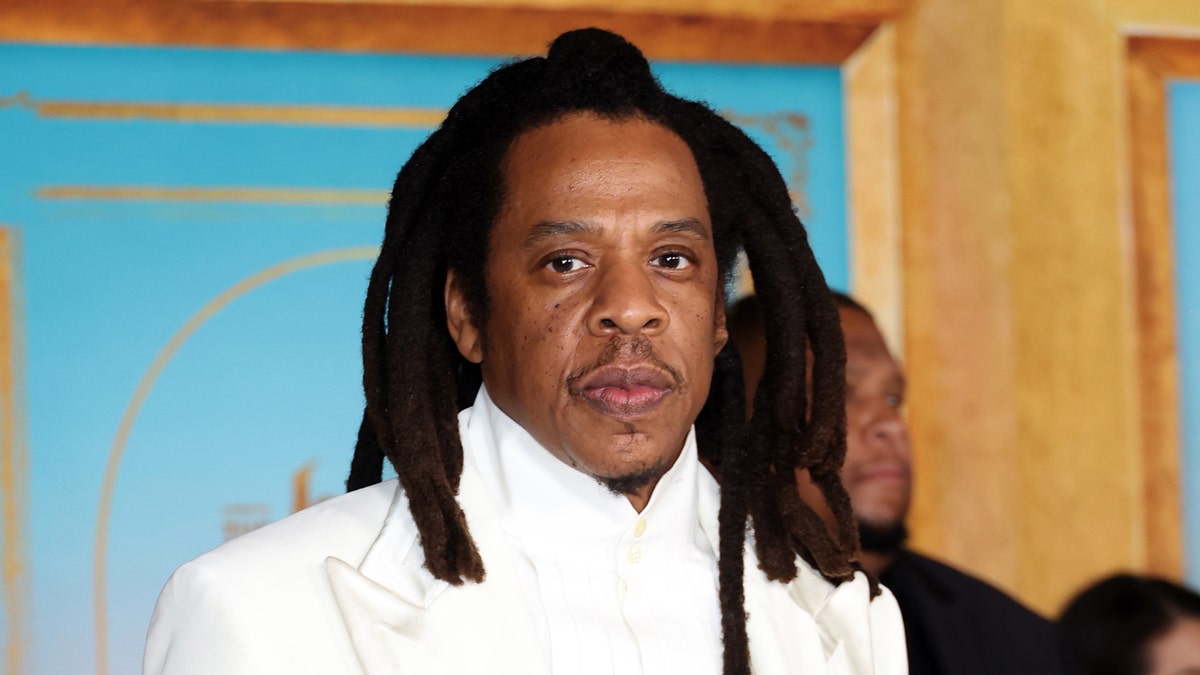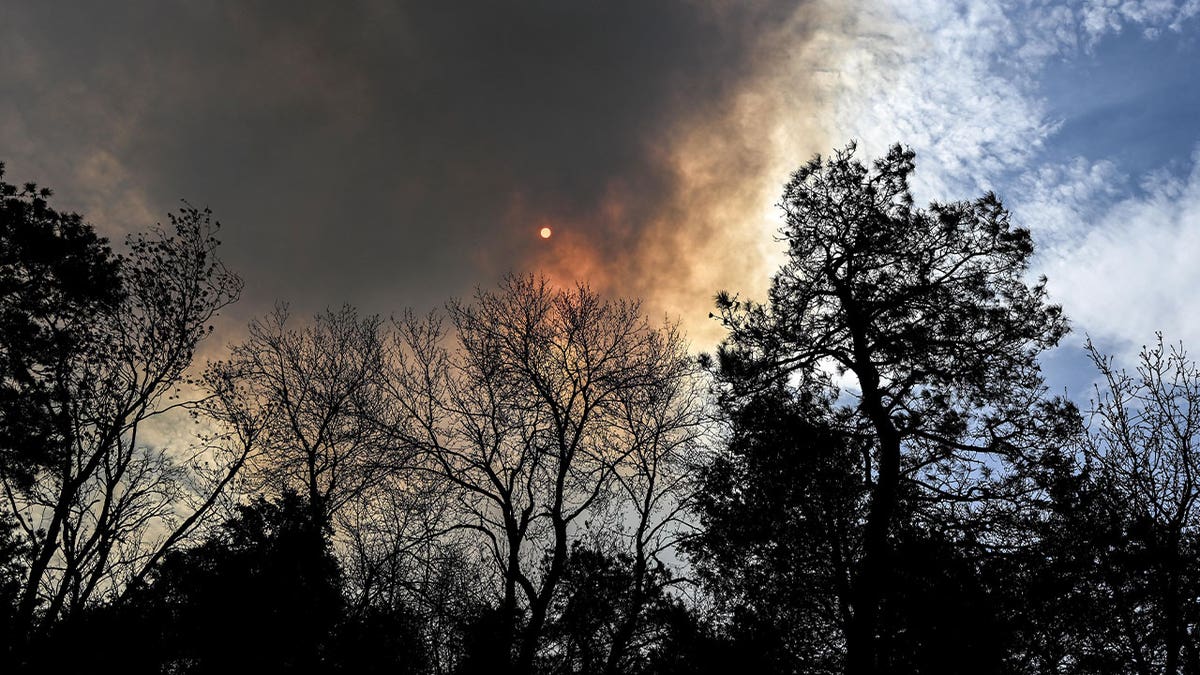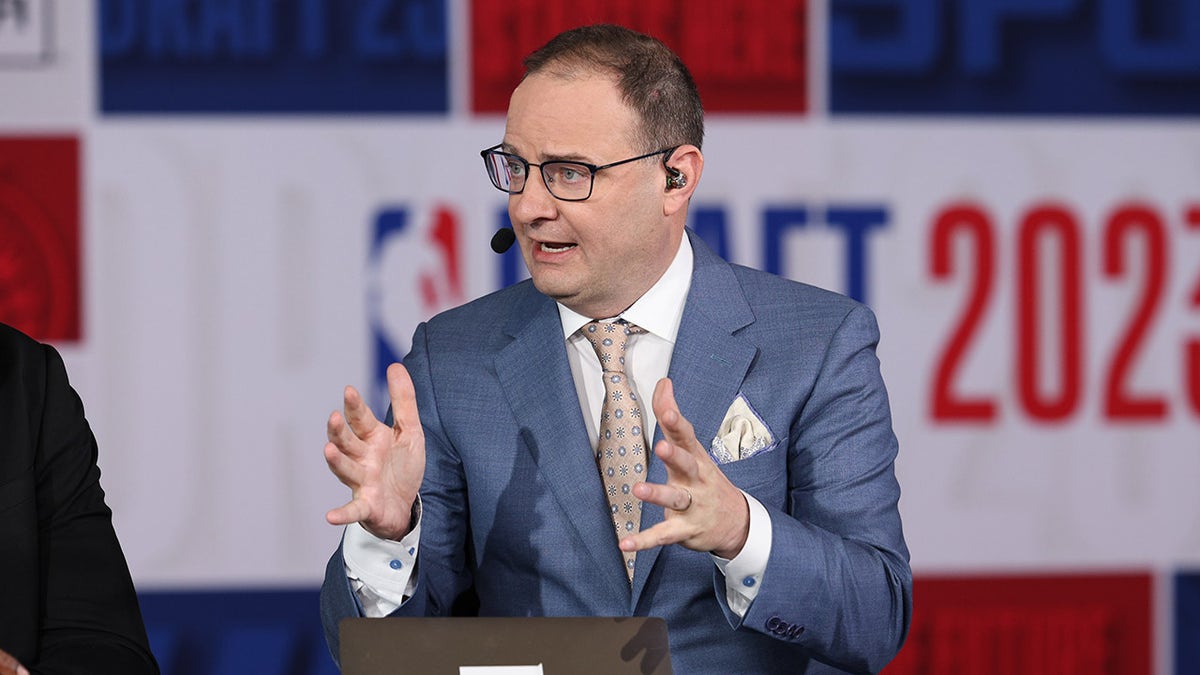Kai Höss leads a life seemingly at odds with his family history. Every Sunday, he preaches God's love and forgiveness as the lead pastor of the Bible Church of Stuttgart, serving a diverse international congregation. However, Höss carries a heavy burden: he is the grandson of Rudolf Höss, the infamous commandant of Auschwitz.
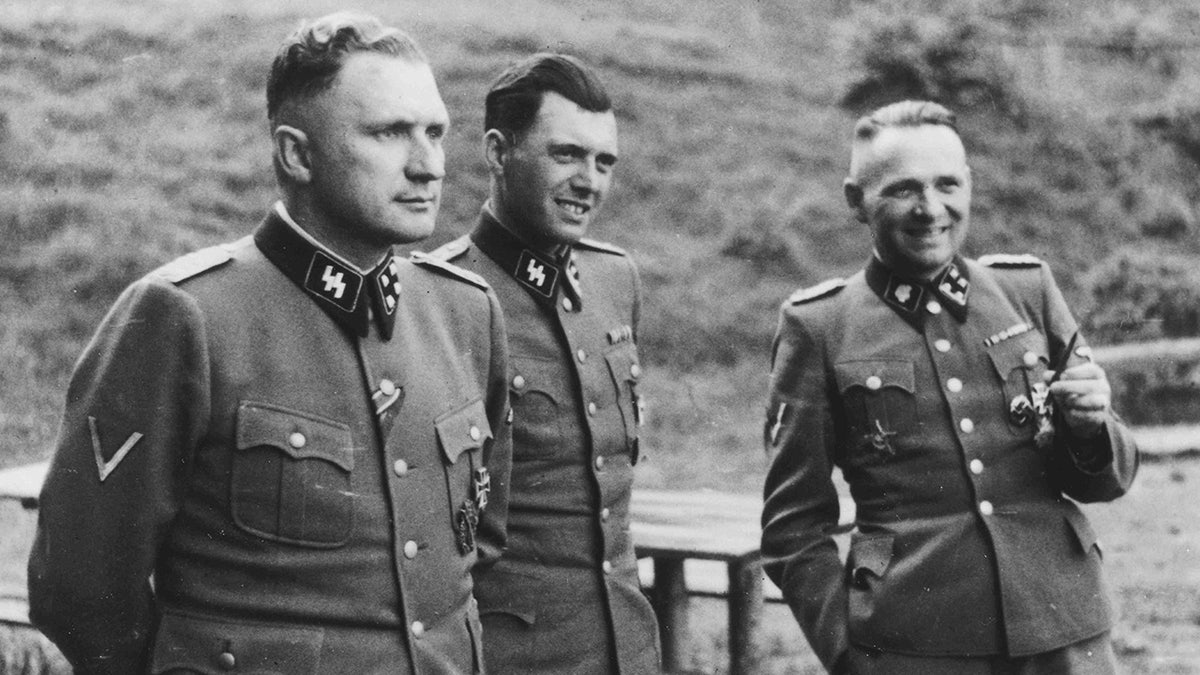
Rudolf Hoss, right, the former Auschwitz commandant, with, from left, Richard Baer, commandant of Auschwitz and Dr. Josef Mengele, during a retreat outside the camp in 1944. (Universal History Archive/Universal Images Group via Getty Images)
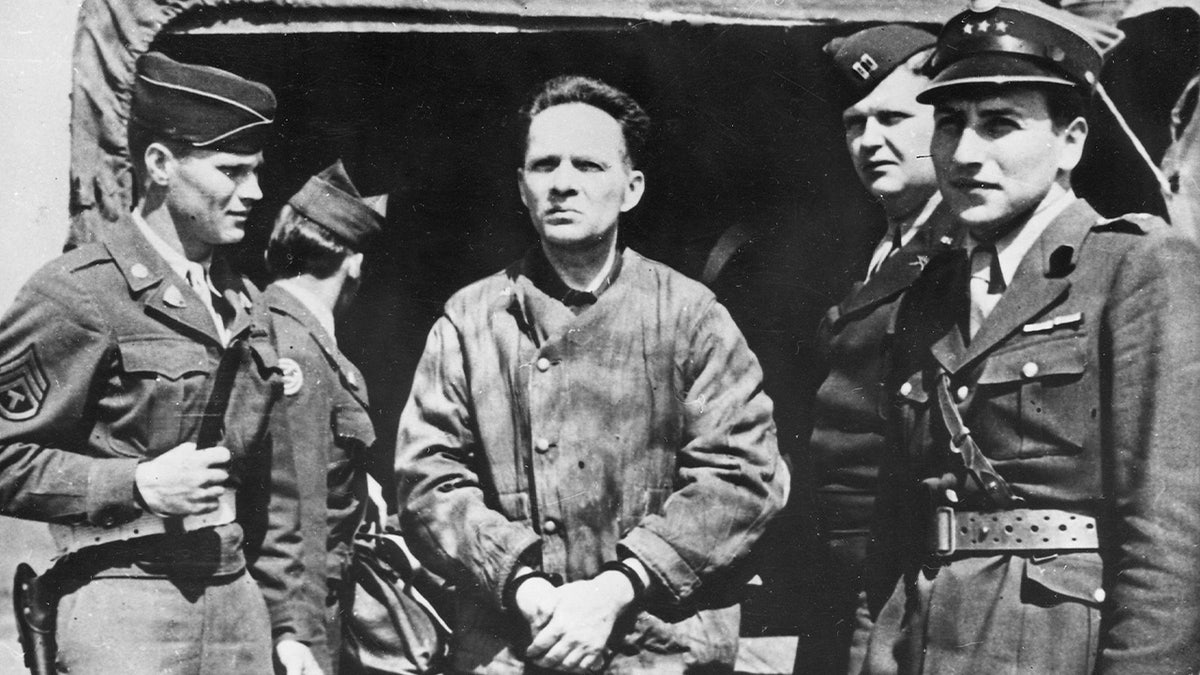
Rudolf Hoss during the extradition of German officers and former Nazi officials by the International Military Tribunal to the Polish authorities at the Nuremberg Airport. (ullstein bild/ullstein bild via Getty Images)
In an interview with Fox News Digital, Höss discussed his journey to faith and how he reconciles his beliefs with the horrific actions of his grandfather. Raised in a secular household, Höss found faith through his grandmother and a transformative experience during a medical operation. He discovered a Bible in his hospital room and, despite initial resistance, found himself captivated by its message. This led to his conversion in Singapore in 1989, a moment he describes as God saving a "wretch like me."
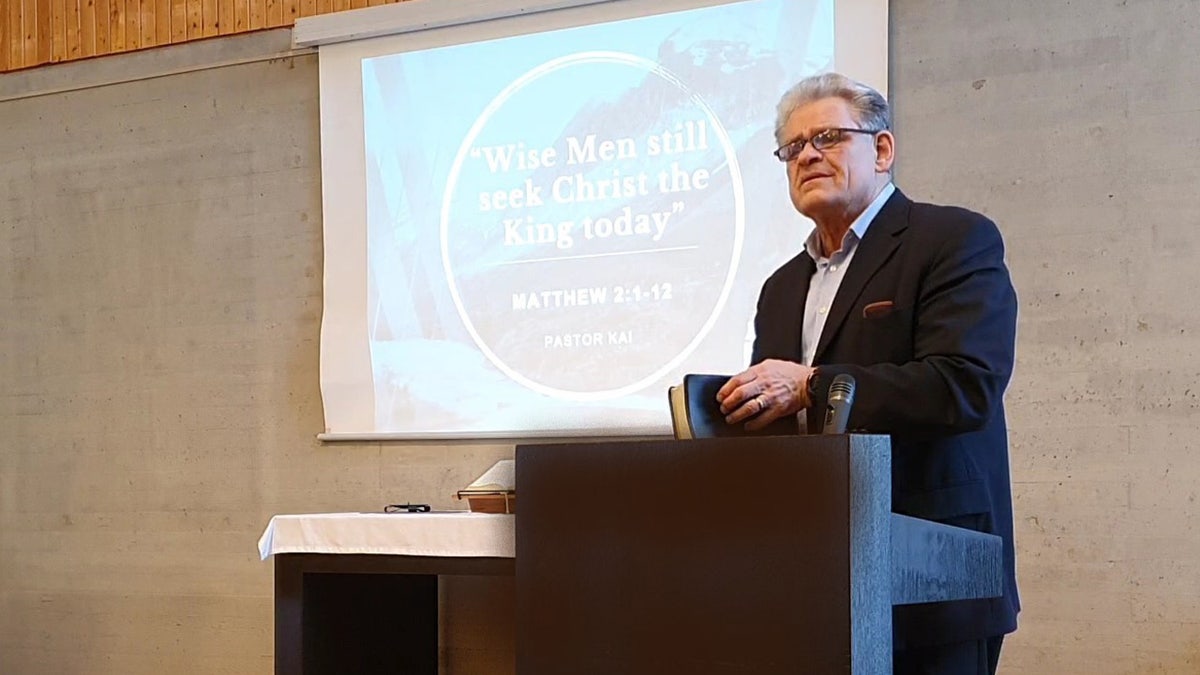
Pastor Kai Höss gives a sermon at the Bible Church of Stuttgart in Germany. (Credit: Kai Höss)
Höss now uses his platform to speak out against antisemitism, sharing his family's history with students and emphasizing the dangers of unchecked hatred. He connects the Nazi ideology of social Darwinism to the rapid spread of misinformation on social media platforms like TikTok, warning against the "TikTok mentality" that promotes superficial engagement over critical thinking.
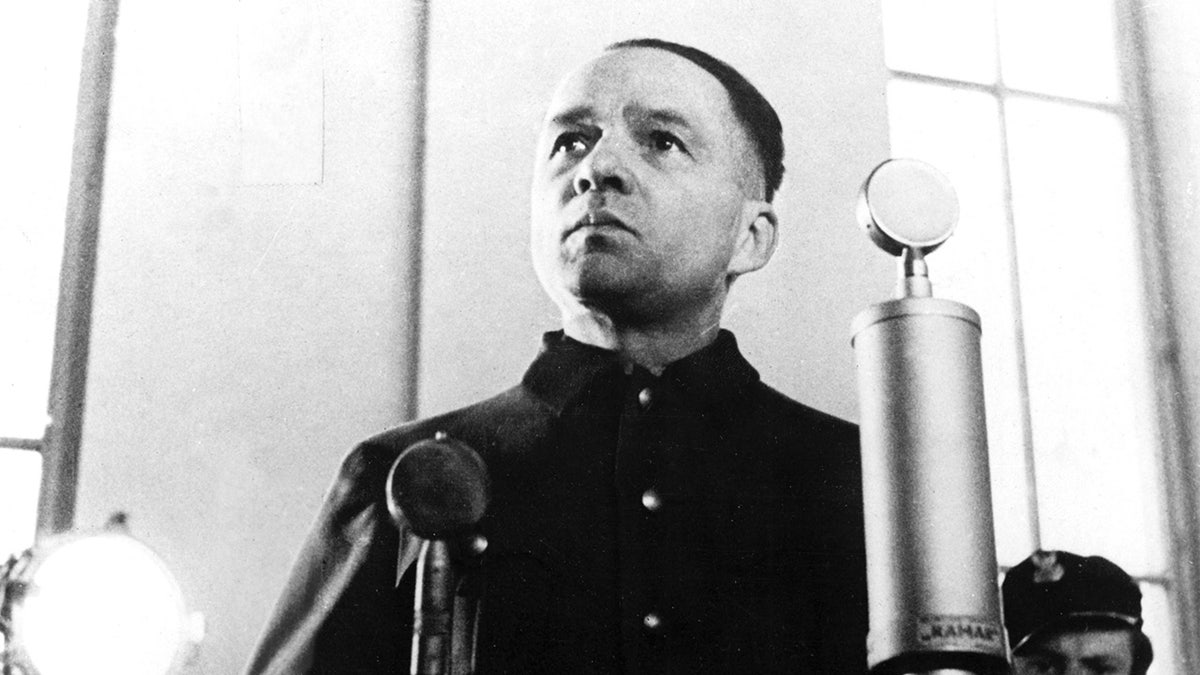
Rudolph Hoss on March 31, 1947. (Keystone-France/Gamma-Keystone via Getty Images)
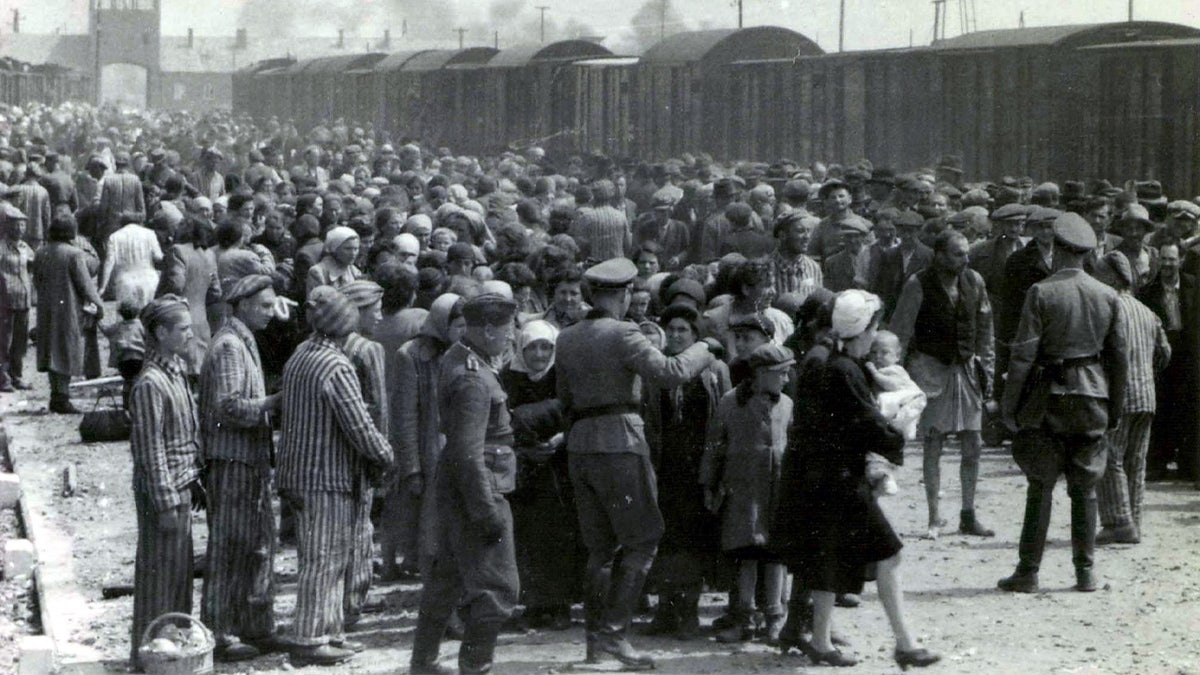
Nazis select prisoners on the platform at the entrance of the Auschwitz-Birkenau extermination camp, May 27, 1944. (Yad Vashem Archives/AFP via Getty Images)
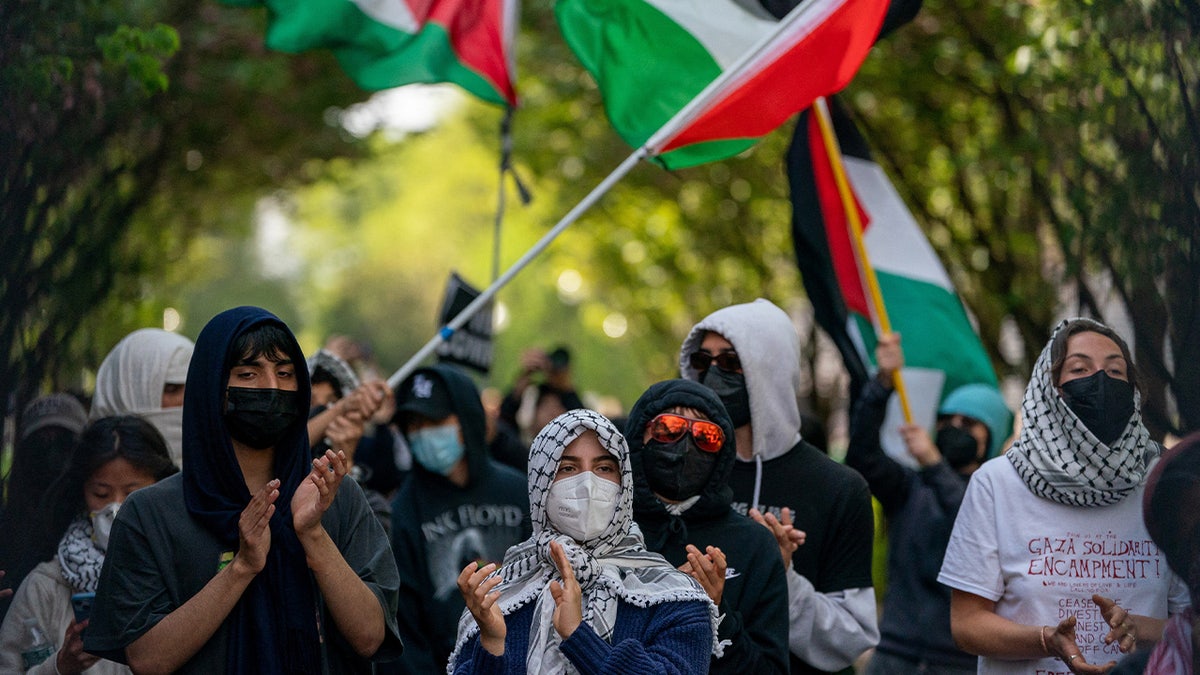
Protesters gather at the gates of Columbia University, in support of anti-Israel protesters who barricaded themselves in Hamilton Hall, in New York City, April 30, 2024. (Reuters/David Dee Delgado)
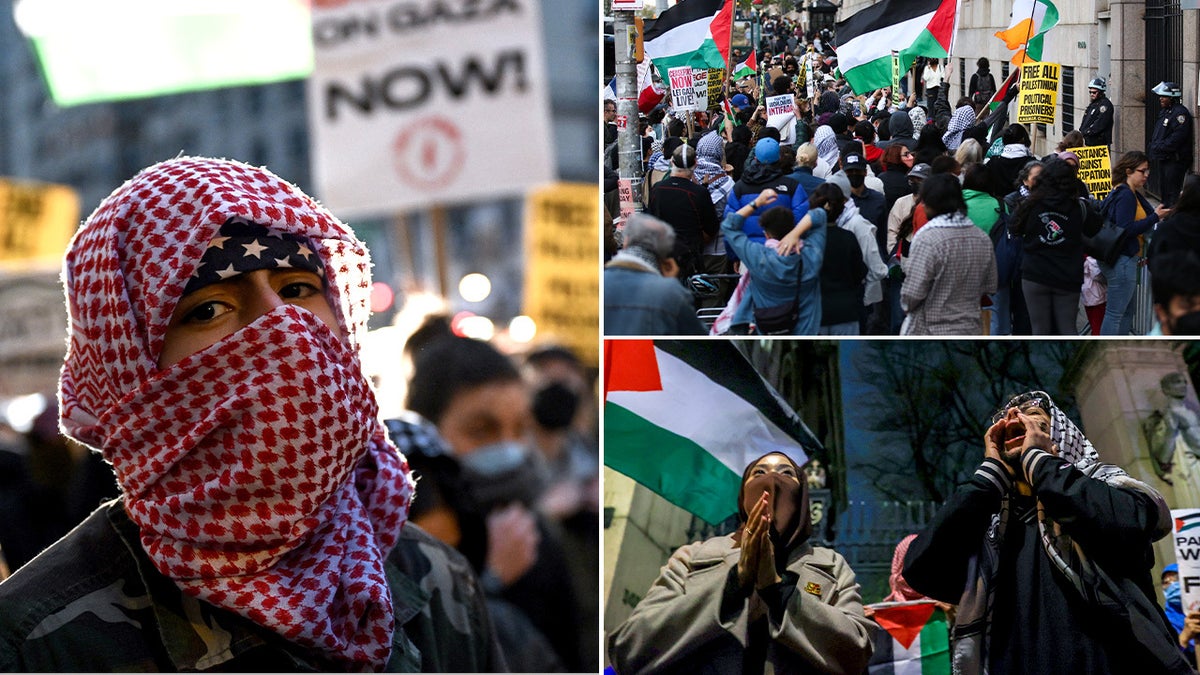
Anti-Israel protesters at Columbia University. (Fox News)
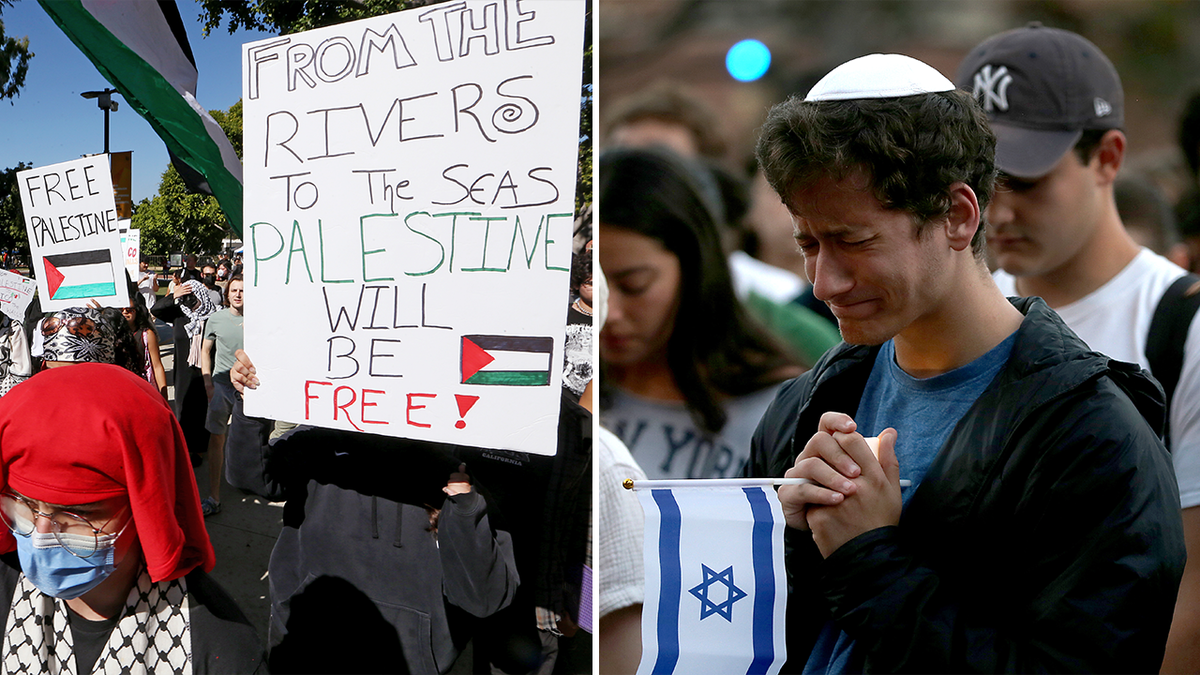
Höss noted how much of the support for violence on campuses comes from people acting emotionally, often without a full understanding of the situation. (Getty Images)

He also reflects on the rise of antisemitism on college campuses, particularly following the Hamas attack on Israel. He criticizes the emotionally charged responses, often lacking a nuanced understanding of the conflict's complexities, and advocates for dialogue and deeper understanding.
Höss’s journey has also involved a personal confrontation with his family's legacy. He visited Auschwitz with his father, met with a Holocaust survivor, and continues to grapple with the weight of his grandfather's actions. He plans to speak at a synagogue in Freiburg, Germany, to commemorate the 80th anniversary of Auschwitz's liberation, further demonstrating his commitment to reconciliation and remembrance.

